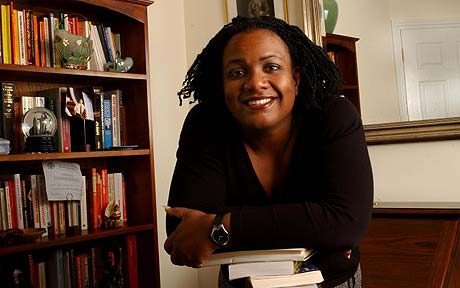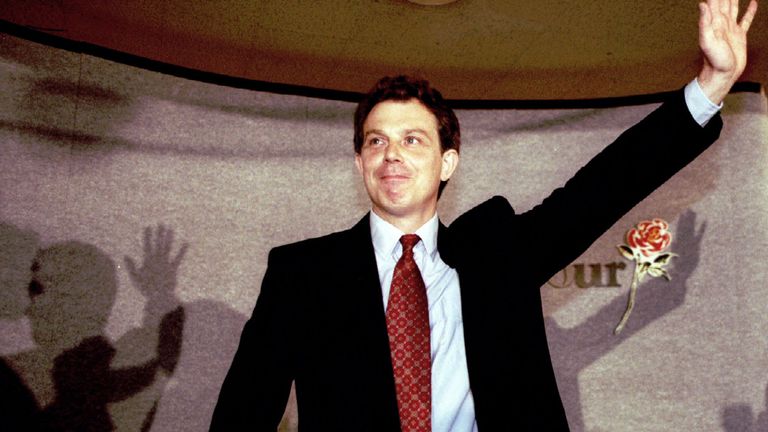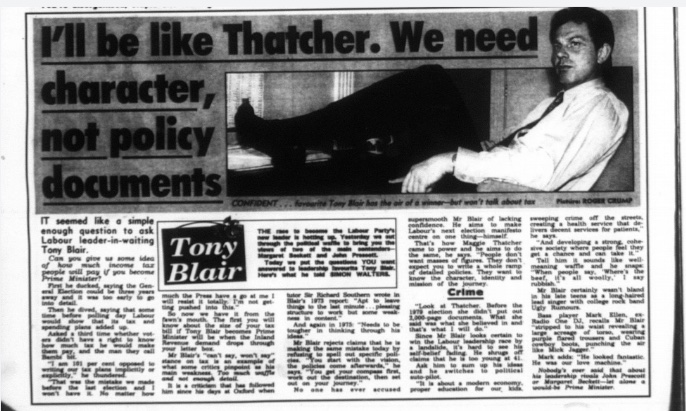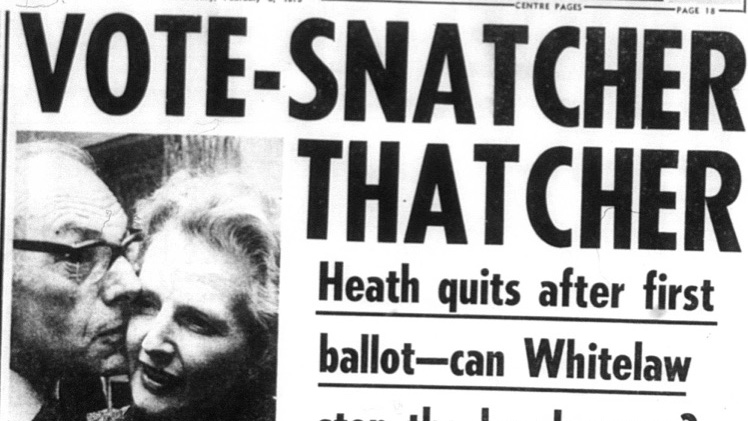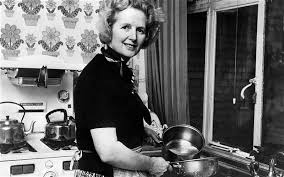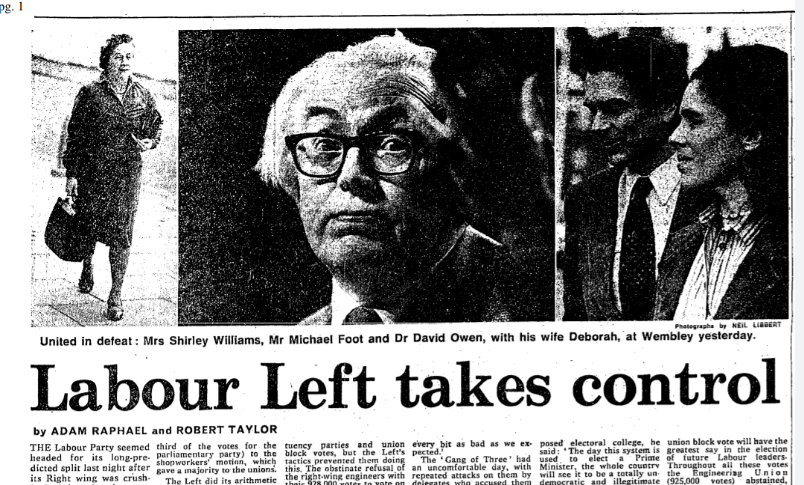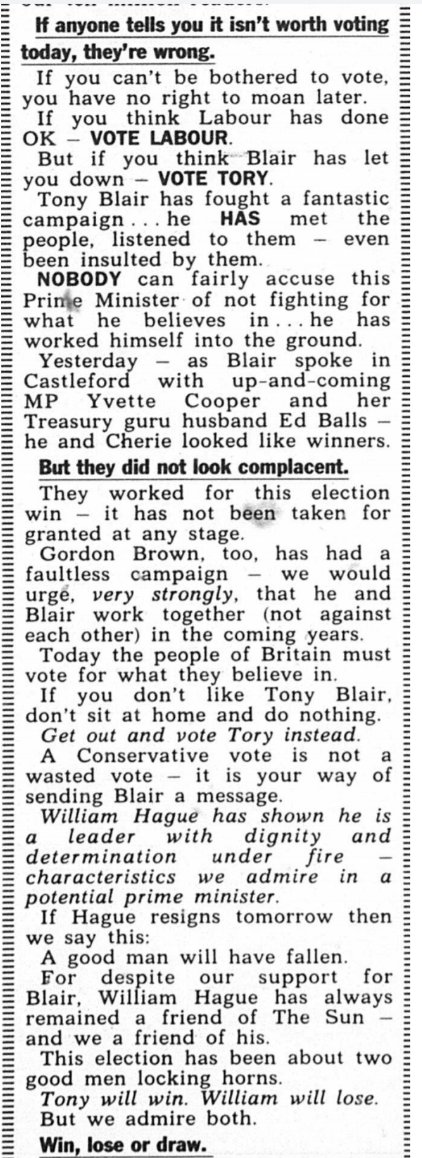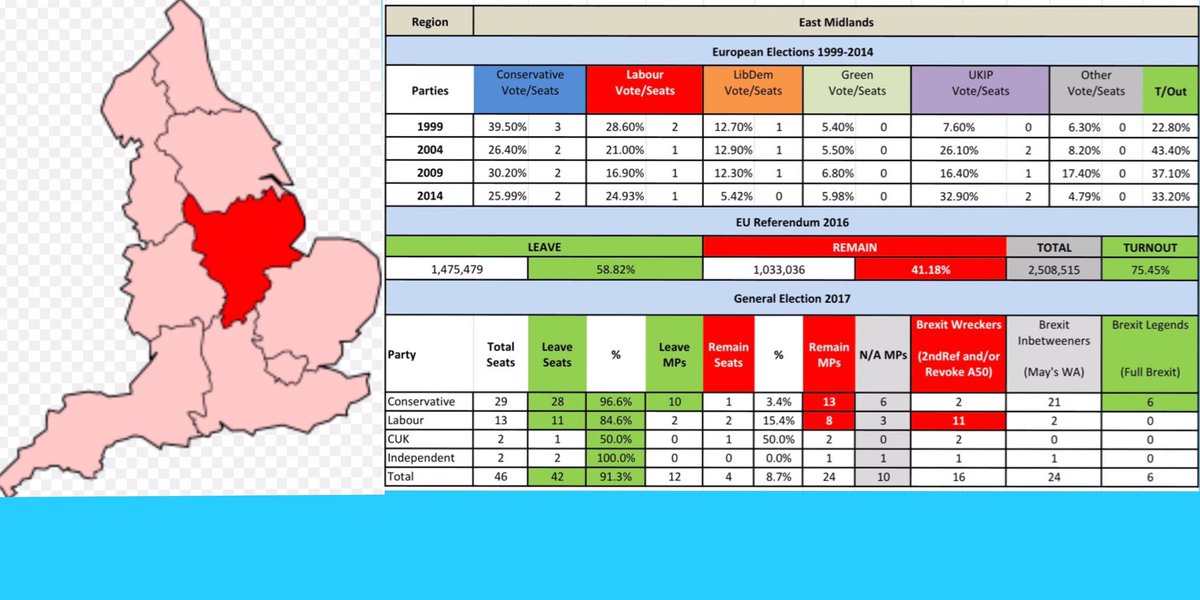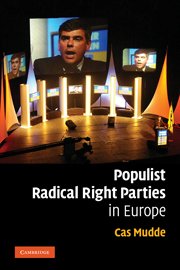‘He is streets ahead of the other candidates’ because he asked ‘awkward questions and ruffled feathers’.
She declared him ‘the Labour politician the Tories fear the most’.
‘The most modernising thing the Labour Party could do is elect a woman leader’
‘It is time to rebuild. The task is urgent and the choice is clear: to manage our decline or reverse it. And the time to start is now’
‘Trying to compete by poor working conditions will not work. We need a high wage, high skill, high technology economy’
‘No personal ambition, no selfish endeavour, no sectional interest, no factional dispute, no cynical manoeuvring for position should stand in the way of the great public endeavour in which we carry the hopes of millions’
‘Brown will be a key player in the new Shadow Cabinet and in the next Labour government. He deserves no less. Greater loyalty hath no politician than to lay down his ambitions for his party’
‘They are liars, cheats and lepers…..Major has taken us back to basics all right. Back to 1930s basics’
‘The most extreme right-wing leader the party has ever had. He more than anyone else represents a desire to turn the Labour Party into something more like the American Democratic Party’
‘elections are not won by leaders, for history has taught us time and time again that electoral victories comes when policies are relevant and are presented with courage and conviction’.
‘Imagining that elections can be won by behaving as if one were a Tory Home Secretary certainly impresses a layer of the electorate in Essex, but as a strategy for winning power it is deeply unconvincing’
The argument that the country had shifted leftwards, but ‘the modernisers’ were stuck in the past became a prominent one
‘Labour will only return to office and stay there if it has credible policies to overcome the legacy of de-industrialisation’
Milne also asserted that ‘Labour Party members do not share Tony Blair’s politics’
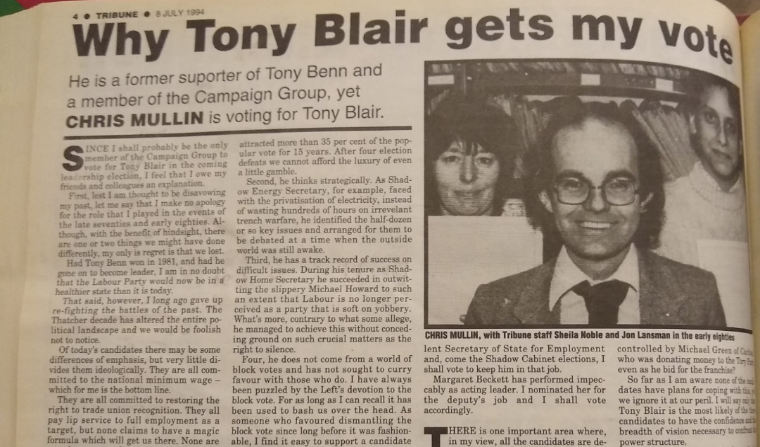
‘Blair has already demonstrated that he can win votes from behind enemy lines and that seems to me to be an essential prerequisite for a party that has not won more than 35% of the vote in 15 years’
‘Our greatest challenge is to overcome the poverty of aspiration that has dogged the country. We are losing faith in ourselves as a nation’
‘I have a moral crusade about fighting for the unemployed. They need a champion...Not since the war has there been an urgent need to rebuild communities and provide decent homes, at decent rents in which families can live together in dignity’
‘We need to show people that we are honest politicians. We need to tell the truth and be seen to telling the truth, even if this is hard’
‘We have to challenge myths that Tories have built up. And we must challenge myths in our movement’
‘I hope they will rediscover those qualities whoever their leader may be’
‘They saw all forms of social co-operation as wrong, fit not for reform but from demolition. The result was to tear apart the social fabric and encourage a narrow view of self-interest’
‘People don’t want masses of figures. They don’t expect you to write a whole ramp of detailed policies. They want to know the character, identity and mission of the journey’
Blair replied that ‘it comes with the territory and I am entirely prepared for it and indeed expect it’.
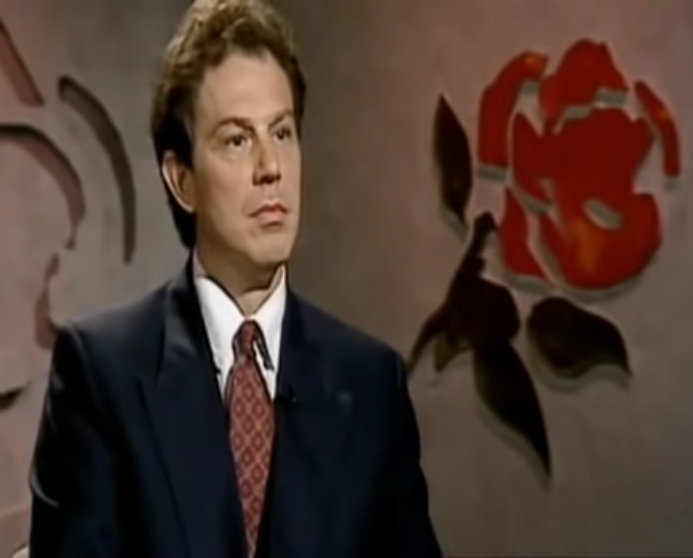
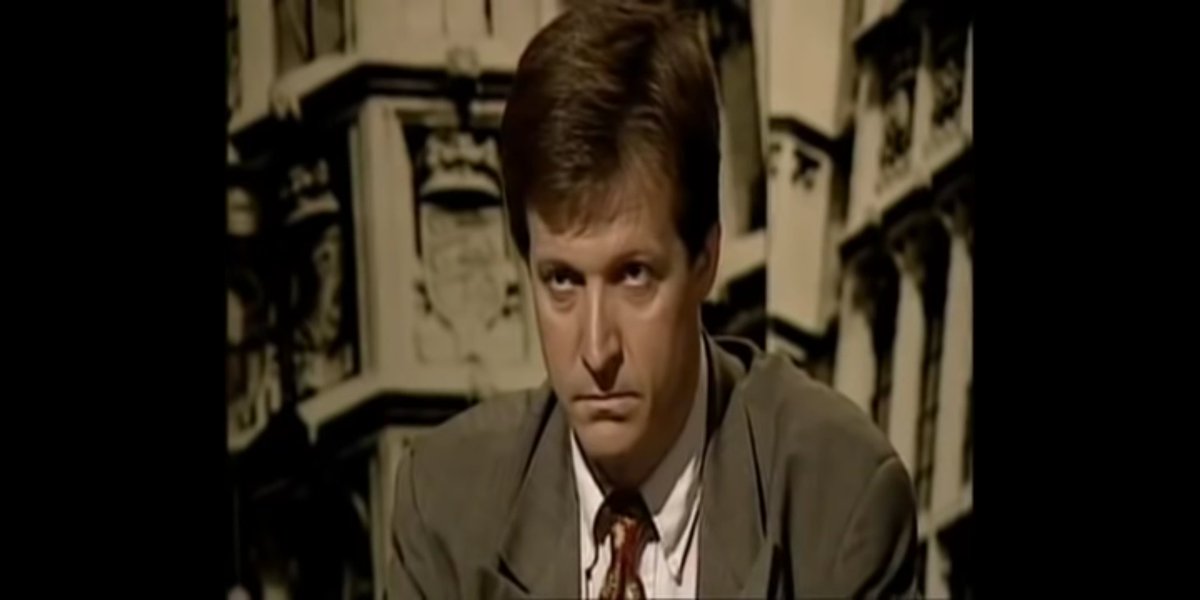
Full transcript
australianpolitics.com/1994/07/21/ton…
End of Thread.











